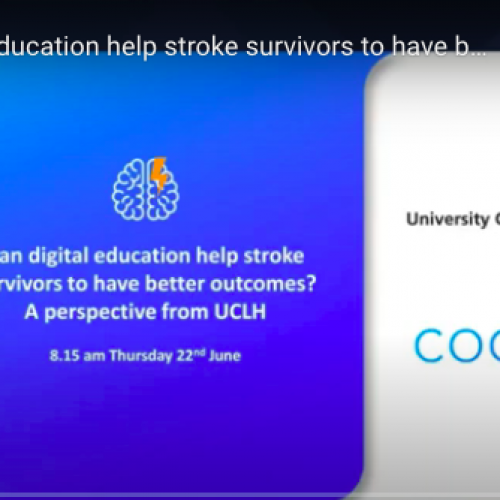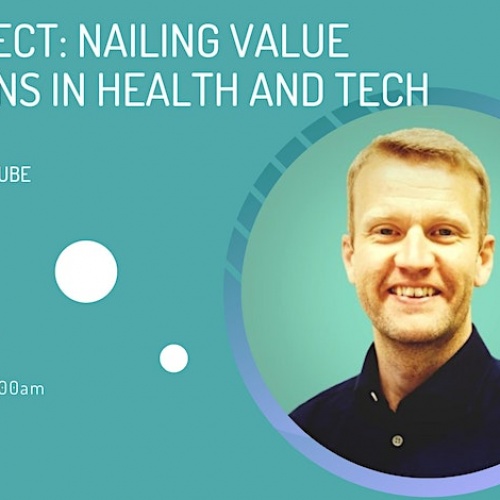Blog
Healthcare Companies Must Understand Technical Debt
Kiltesh Patel is the founder and CEO of tab32, a complete cloud-based technology platform for the dental industry.
Read more: Healthcare Compan...Calling all local and regional authorities across the UK: £40m in funding has been announced
The Department for Science, Innovation and Technology has launched a £40 million fund to spark local digital revolutions and unlock 5G benefits across the UK, with applications now open. Applications are open now, and there's a briefing call today. Read more here.
Read more: Calling all local...Healthcare Strikes Could Cost England’s Hospitals ‘Billions’
On Thursday, many of England’s senior hospital doctors walked out at the start of a 48-hour strike over pay. Although they’re still providing emergency care, thousands of routine appointments for things like planned surgery and outpatients clinics will have been cancelled.
Read more: Healthcare Strike...New Ericsson antenna helps accelerate Vodafone 5G roll-out
Vodafone has begun rolling out Ericsson’s new compact antenna to bring greater 5G capacity, coverage and performance to locations across the UK, without increasing the footprint of the average mast. Read more here.
Read more: New Ericsson ante...The Pitfalls Of Healthcare Startups In Their Pursuit Of 'Value-Based' Arrangements
US healthcare executive, keynote speaker, and advocate. Value-based care expert. CEO - Carenodes.
Read more: The Pitfalls Of H...Webinar: Can digital education help stroke survivors to have better outcomes? A perspective from UCLH
Hosted by Daisy Allington, Chief Commercial Officer at Cognitant Group, focused on the topic of stroke medicine and the potential benefits of digital education for stroke survivors. The webinar began by highlighting the significant global burden of stroke, with over 12…
Read more: Webinar: Can digi...Unveiling The Limitations Of Generative AI In Healthcare Applications
Matt Hollingsworth is the CEO and Co-founder of Carta Healthcare, which aims to improve patient care by utilizing the value of medical data.
Read more: Unveiling The Lim...EIB and Cellnex sign €315 million loan to support 5G infrastructure rollout and European digital transition
Cellnex Telecom signed a €315 million financing agreement with EIB to boost the development of the #telecom infrastructure needed to ensure #digitaltransition in Europe and the roll-out of #5G in Spain, Portugal, France, Italy and Poland. Read more here.
Read more: EIB and Cellnex s...Personalized Medicine: The Evolution Of Healthcare
Jacob Kupietzky is President of HealthCare Transformation, a company dedicated to providing hospitals with experienced interim executives.
Read more: Personalized Medi...New Alertive App helps take pressure off NHS nurses by modernising communications
A new internal communications technology is significantly reducing the pressure on more than 6,000 NHS nurses and clinical staff at an NHS Foundation Trust in the East of England, reducing stress, improving the working environment and staff wellbeing, and supporting…
Read more: New Alertive App ...One week to go until Health Foundry morning virtual workshop 'Pitch Perfect : Nailing Value Propositions'
An enlightening webinar designed specifically for startups and SMEs in the healthcare and technology industries. Read more here.
Read more: One week to go un...Check out our newest Press Release!
Save the date: 4-5 December 2023. Prepare to engage face-to-face with the future of health and innovation at the annual GIANT Health Event, dubbed by the Financial Times as the "UK's largest, most valuable annual festival of health-tech innovation." GIANT…
Read more: Check out our new...






